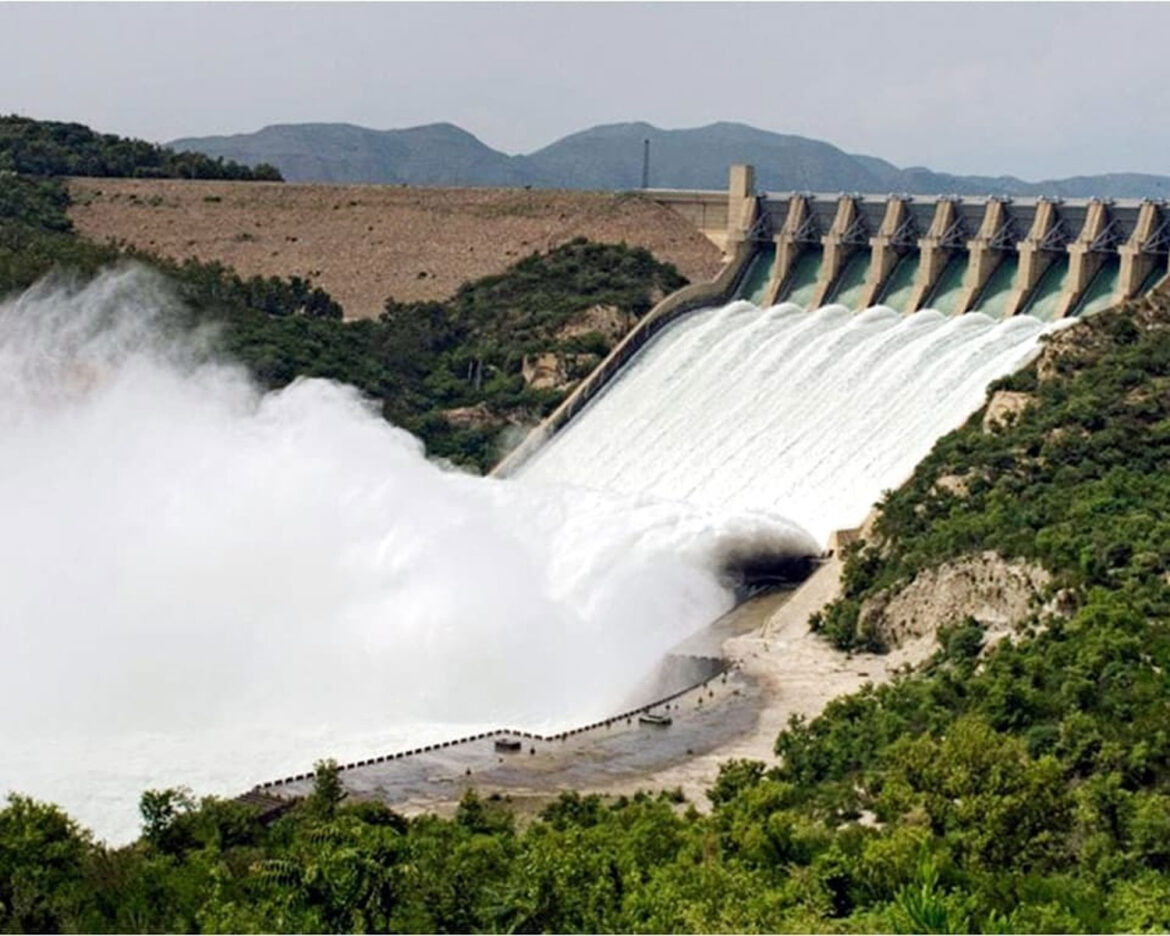In a significant development on Wednesday, the irrigation ministers of Balochistan and Sindh firmly opposed the federal government’s proposed amendments to the Indus River System Authority (Irsa) Act, citing concerns that the move would violate the 18th Constitutional Amendment. The amendments, which have not yet been introduced in parliament, have sparked discord between the ruling PML-N and its key ally, the PPP, marking the second instance of tension since the February 8 general elections.
During a Senate session on Tuesday, Water Resources Minister Musadik Malik reassured PPP legislators that the government would not advance any legislation that disadvantages a province.
At a joint press conference following an inter-provincial meeting chaired by Balochistan Chief Minister Mir Sarfraz Bugti, Balochistan Irrigation Minister Mir Muhammad Sadiq Umrani and his Sindh counterpart, Jam Khan Shoro, reiterated their opposition to the proposed amendments. They highlighted that the Sindh Assembly had already unanimously passed a resolution rejecting the changes, with Balochistan set to follow suit.
“The Balochistan Assembly will fully support Sindh’s stance on the Irsa amendments as they are detrimental to both provinces,” stated Mr. Umrani.
Chief Minister Bugti also announced the formation of a committee to address water-related disputes between Sindh and Balochistan, including the issue of outstanding dues. This committee will consist of irrigation secretaries from both provinces and Irsa members, tasked with providing actionable recommendations.
Jam Khan Shoro emphasized that the federal government’s amendments contradict the 18th Amendment, undermining provincial autonomy and violating constitutional provisions. He further noted that the proposed changes would allow the appointment of a federal officer as Irsa’s chairperson, thereby disrupting the rotational leadership system agreed upon by the provinces.
The committee’s formation is a step toward resolving long-standing water-sharing disputes between Sindh and Balochistan. Both provincial governments have signaled their determination to protect their constitutional rights over water resources and preserve the balance of inter-provincial water distribution.



